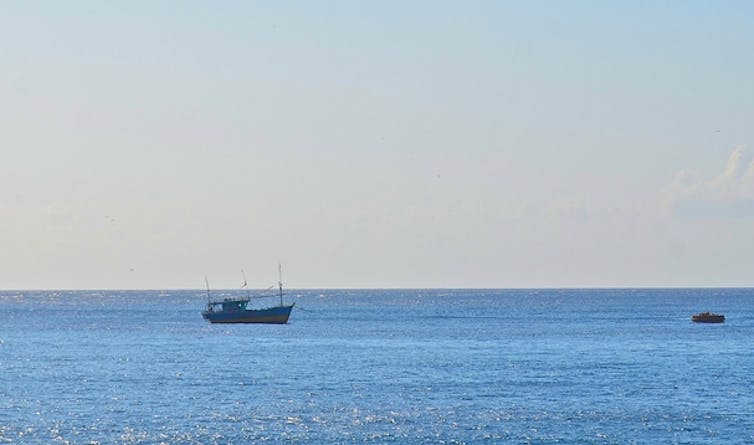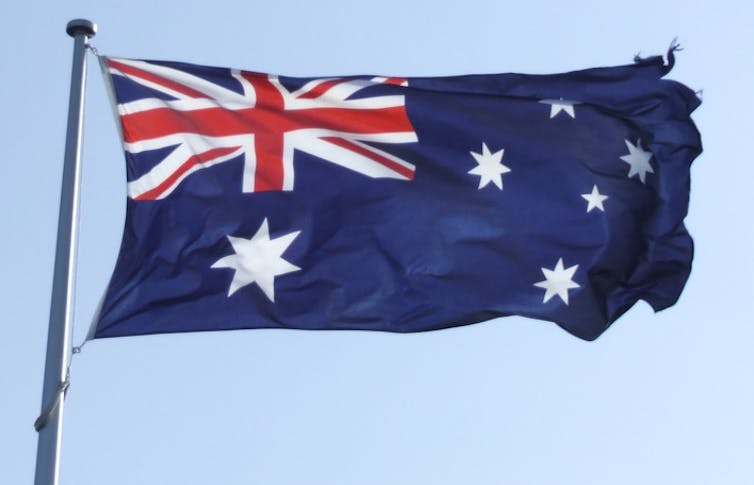The institution of slavery lasted for over three hundred and fifty years in what is today the United States until it was finally abolished in the eighteen sixties. It was one of the most brutal and dehumanizing institutions in the history of the human race with the greatest victims being the African slaves. African slaves were imported like commodities from Africa to work in the large white owned plantations due to the fact that they could withstand those European diseases which normally killed the Indian slaves. Moreover, the ability of the Africans to work in the harsh conditions of a hot sun was seen to be an added advantage for their conversion to slaves. Europeans used various means to justify their enslavement of Africans and one of these was that the bible stated that they were the children of Ham and that they had been cursed to be slaves to the other races that were descended from Noah. Another justification was the belief that Africans were subhuman, that they were inferior to the white race and that because of this, it was justifiable to treat them in any way one wanted because they had no human feelings at all. These very mistaken concepts ensured that the slave trade continued and many Africans were brought to America and forced to undertake tasks under very harsh and brutal conditions for the sake of making a profit for their masters. In this paper, we shall look at several factors which made the African slaves in America so docile as compared to the slaves who were in other parts of the Americas and the Caribbean where it was very common to hear of slave revolts.
It is very difficult to determine why the American slaves were so docile as compared to their counterparts in the Caribbean because the former had more opportunities for rebellion due to the large chunks of the western part of America where they would have gone to hide. Not only would they have been able to hide, they would also have created maroon communities such as those which were formed by runaway slaves in the Caribbean. This, however, was not the case in America and instead, these slaves showed a type of docility which one finds very shocking. Perhaps their docility was just mere subterfuge and it was the only way they thought they would survive the yoke of slavery. In this paper, however, we shall discuss two possible factors which may have contributed to this docility namely: the slaves’ adoption of Christianity; and the fear of recapture and torture by their masters.
When slaves were brought from Africa, many of them still practiced their own traditional African religions. In time, however, they were forced to convert to Christianity by their masters and given European names because their masters considered Christianity to be the only true religion and that the practices of their slaves were pagan. Despite some initial resistance, where the slaves continued to practice their own religions secretly, the slaves took to Christianity and made it their own. They took the teachings of the bible very seriously especially those parts in the New Testament which encouraged the docility of slaves because it promised them that the kingdom of God would be theirs in the afterlife. This adoption of Christian beliefs may have greatly contributed to their inactivity towards the brutal actions of their masters and instead of revolting against them in a bid for freedom; they acted towards their masters with great humility. The Christian influence seems to have been so great on them that the accepted their situation and status in society as it was and became completely resigned to it. They took all the brutality that was meted out on them because of the faith they had in their new found religion and continues with their labors on the great plantations (Smithers, 2009). They seem to have dismissed any thought of revolt or escape as being a contravention of God’s will and instead chose to remain in the situation in which they had been sold or born into. It is therefore true to say that the Christian religion played a large part in contributing to the docility of the American slaves.
The second probable reason for the docility of the American slaves was the fear of the consequences of revolt or recapture after escape (Stanley Elkins). Those slaves who escaped and were hunted down by their masters were often given severe punishments and even killed in very inhumane to serve as examples to others who thought to follow in their footsteps. Although many slaves attempted to make a dash for freedom every year, very few were able to make it and these were usually tracked down by dogs and if caught, their punishment began on the spot. The dogs were allowed to savage them for a while although most owners were very careful that the economic value of their slaves would remain intact. After this came the flogging which took hours and the slave could go in and out of consciousness during such sessions; the weaker ones would die. If the slave survived this ordeal, he was often confined in chains until such a time as their master saw fit to release them, either to set them to work or to sell them. In the worst case scenario, the master could have the slave either hanged or burned so that they would be an example to their fellow slaves (Taylor, 1996). Slaves who witnessed the ordeals of their runaway fellows would probably have chosen to remain docile because to do otherwise would have been to expose themselves to unimaginable torture or death. It is the fear of this which kept them under the firm control of their masters and instances of slave rebellions in America were very few and these were only on a small scale. Instead, many who sought escape from their situation often did so through suicide (George Fredrickson and Christopher Lasch).
In conclusion, it can be said that it is indeed true that the American slaves seem to have been more docile than those in the Caribbean. This is despite the fact that they had more places to go if they escaped than the latter. Those in the Caribbean were however better organized than those in America and that is why their revolts or escapes often used to happen on a larger scale and some even became great successes such as the one in Haiti. The adoption of Christianity by the American slaves and their great fear of the torture which resulted from any form of rebellion ensured that they remained docile as a way of survival.


